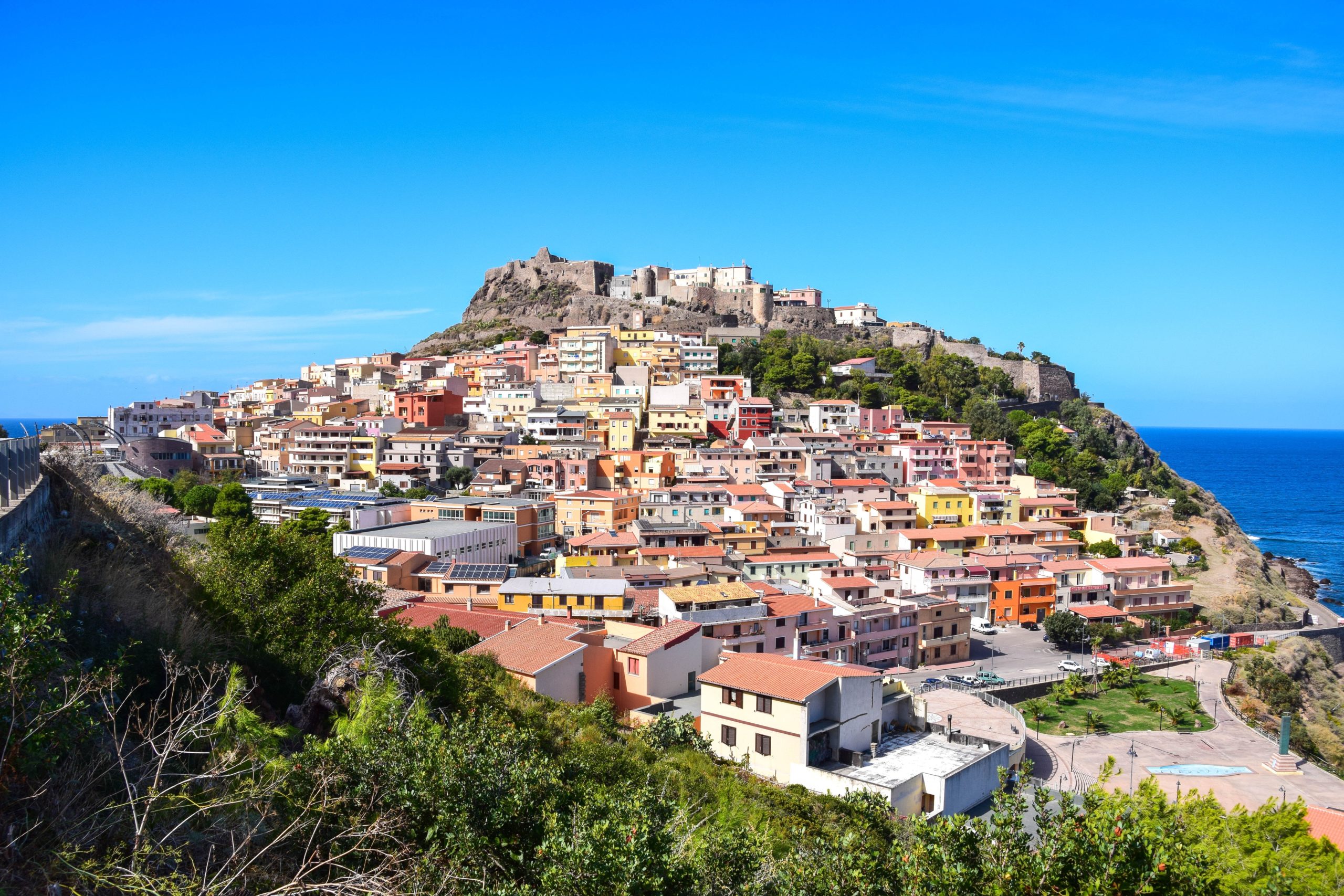
by Serena | Dec 7, 2023 | Italian grammar
Essere and esserci are different verbs. Essere means “to be”. Esserci means “to be there”. Esserci is the infinitive verb of the common forms “c’è” and “ci sono”, which state the presence and...

by Serena | Dec 7, 2023 | beginners, Italian grammar
As you already know, there are three groups of verbs. 1st (-ARE verbs)cucinareto cookmangiare, studiare, guardare2nd (-ERE verbs)scrivereto writeleggere, vedere, vincere3rd (-IRE) verbs)dormireto sleepaprire, partire, finireItalian verb groups Most of the...

by Serena | Dec 7, 2023 | beginners, Italian grammar
Present Tense of ‘parlare’ (regular verb) IoparloI speakTuparliYou speak (singular, informal)Lui/LeiparlaHe/She speaksNoiparliamoWe speakVoiparlateYou speak (plural)LoroparlanoThey speakconjugation of “are verbs” with the present tense As...

by Serena | Dec 6, 2023 | vocabulary
Ecco is an invariable Italian adverb that can be used in a variety of meanings. Let’s take a look at some of the most common ones in the form of sample sentences that you can easily insert into your flaschards sets. Ecco = Here is / Here are Ecco is an...

by Serena | Dec 6, 2023 | vocabulary
Everyone has heard at least once the words “basta! or “abbastanza” or “mi basta.”And although they all look very similar, their uses and meanings differ significantly. Let’s take a look at it now! Basta Basta! means enough!...

by Serena | Dec 6, 2023 | vocabulary, Italian grammar
Cioè is one of those words that Italians frequently throw-in during a conversation. In English, cioè can take different translations, depending on the context. In any case, no matter the context, cioè is used to provide or give additional information about something...

by Serena | Dec 6, 2023 | vocabulary, intermediate, Italian grammar
When we want to say how long something will take, we often use the Italian expressions ci vuole or ci metto. However, the fact that they can’t be used interchangeably often leads my students to confusion. So, what exactly is the difference...

by Serena | Dec 6, 2023 | vocabulary
Do you want to sound more natural when speaking Italian? No matter you are new to the beauty of the bella lingua or you have already spent several years studying it, these 10 useful slang expressions, will help you to speak Italian more like a native...

by Serena | Dec 6, 2023 | exams, vocabulary
You may have found yourself in a situation where you need to write a letter or an email in Italian to your Italian professor, or perhaps you need to learn how to write emails for your Italian Language Certification exam, but you don’t know where to start. This guide...











